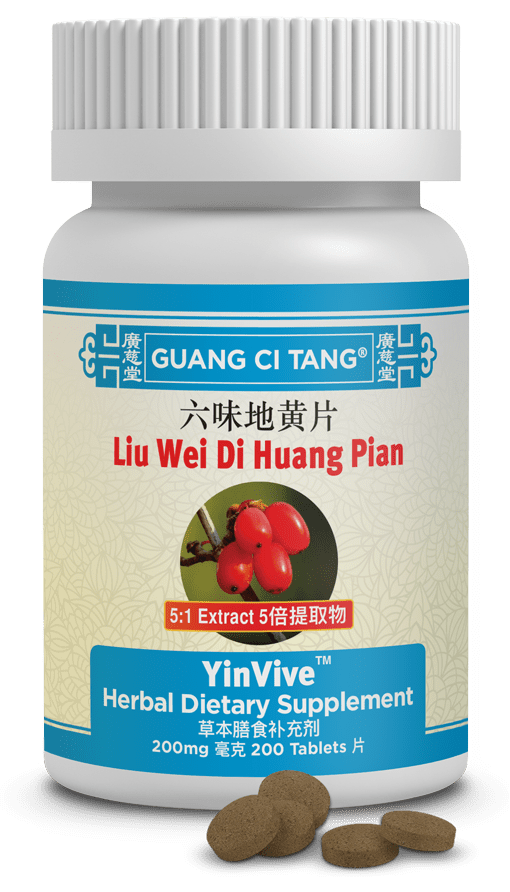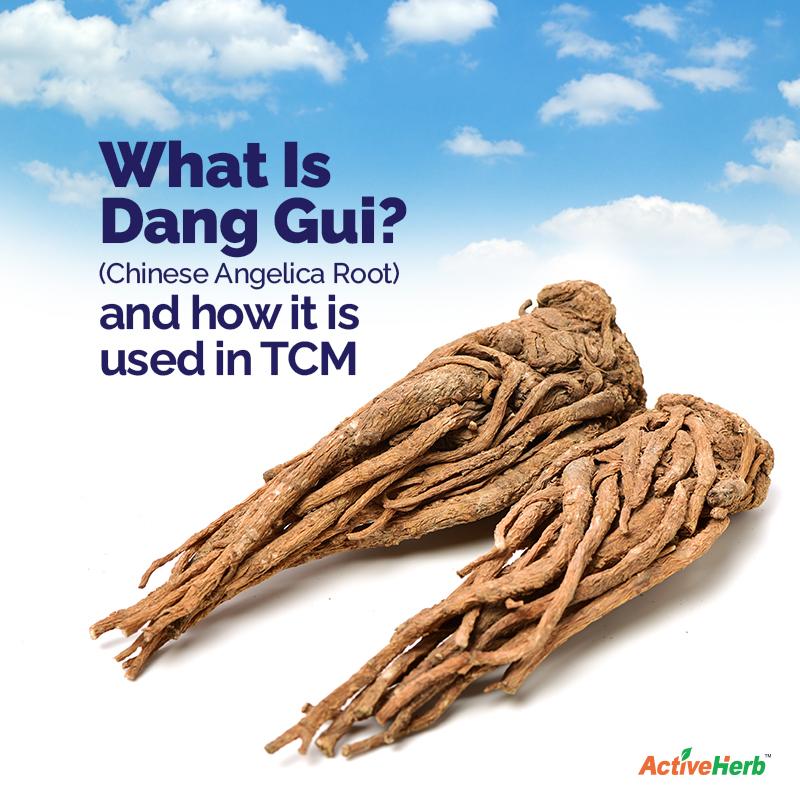Got Jing? Preventing Brain Fog Depends On It

Way back in 2017, the ActiveHerb.com blog discussed this topic: Got Jing? Your Overall Health Depends On It!
Nearly a decade later, we finally have the sequel!
In this TCM blog, we’ll cover how Jing specifically affects cognitive health. If you’re susceptible to brain fog and thinking more clearly is your goal well into old age, you’ll want to read on.
However, since it’s been a hot minute since we’ve devoted the bulk of a post to Jing, a brief refresher is called for.
What Is Jing?
To help you understand the somewhat esoteric concept of Jing, should you be a TCM neophyte, here are three analogies. (If you’re a practitioner, you can skip ahead to the next section.)
Savings Account
Jing is like your body’s energetic savings account. You’re born with a set amount of this essence. Think of it as an inheritance, stored like a piggy bank in the Kidney organ system of TCM. You can make small “deposits” through rest, nutrition, and herbs. But if you overspend with stress, late nights, or poor habits, you can deplete it quickly.
Battery
Or you can think of Jing as your built-in battery pack. It powers growth, reproduction, and longevity. You can’t purchase a new one at Wal-Mart; no exchanges. Thus, preserving your energetic charge through good habits is essential.
Candle
Here’s a more traditional and oriental way of looking at Jing: it’s like the wax of a candle. Qi (energetic life force) is the flame, and Shen (your spirit and consciousness) is the light. Burn through the wax too fast, and the flame won’t last as long.

Why You Need A Robust Reserve of Jing
In TCM theory, a robust reserve of Jing supports a sharp memory and steady cognitive function. But Jing isn’t limitless. Some of us inherit less of it from our parents, and even if we’re blessed with abundance, it can be, as mentioned, drained by stress, poor diet, late nights, or simply the passage of time.
Most of us, including those who are well-versed in TCM philosophy, go through life without giving much thought to our Jing. That’s unfortunate, because Jing is at the very foundation of life, growth, reproduction, and mental clarity. Think about how many people operate in burn-out mode in our modern society.
Perhaps you’re one of them? If that’s the case, you should do two things: first, consider trying Brain New. Secondly, keep reading to learn why being proactive about supporting your Jing is important for cognitive health.

The Kidney-Brain Connection
In Western anatomy, the brain is the control center for memory, movement, and homeostasis. In TCM, the Kidneys “rule the bones” and “produce marrow,” and the brain is seen as the “Sea of Marrow.” This means the quality of your brain function is directly tied to the state of your Kidneys and Jing. When Kidney Essence is strong, the Sea of Marrow is full: thinking is clear, memory is strong, and the Shen is bright. When Essence declines, memory fog and fatigue seeps in.
Supporting the Kidneys, then, is the foundation for keeping the mind resilient. Classic herbal formulas like Liu Wei Di Huang Wan (YinVive™) are designed to gently nourish Kidney Yin and replenish Jing. If your Essence Bank Account is depleted, this is a good starting point.
Replenishing Jing Requires Strong Digestion
You can’t build a house without bricks, and you can’t fill the Sea of Marrow if the Spleen and Stomach TCM organ systems aren’t transforming food and drink into usable nutrients.
This is why practitioners emphasize strengthening digestion. If someone struggles with poor appetite, nausea, or bloating, even the most Jing-tonifying formula may not take root. Gentle classics like Shen Ling Bai Zhu Pian (DigestVive) can support the Spleen, ease abdominal tension, and restore appetite. Once the middle burner is strong, the Kidneys can actually receive the nourishment they need.
Blood: The Brain’s Fuel
Blood is the medium that carries vitality to the brain. When Blood is deficient, the brain isn’t adequately supplied. This can manifest as fatigue, dryness, restless sleep, or tremors in the sinews. In these cases, a Blood tonic like Shi Quan Da Bu Pian (TotalTonic) may help build the Blood, especially someone with a cold constitution. Blood tonics not only warm the channels and move circulation but also gently support the Liver in housing the Blood.
Practitioners may also keep in mind that stagnation often accompanies deficiency. The elderly in particular can present with both Blood deficiency and stasis. Efficient formulas are gentle and balanced; they nourish the body without feeling heavy or being difficult to digest, and keep things moving without being too harsh or draining.

Qi Flow & Phlegm Misting the Mind
Even if Jing and Blood are sufficient, the mind can become clouded when Qi doesn’t flow smoothly. In TCM, this often shows up as “Phlegm misting the Heart orifices.” The Shen (mind) loses its clear anchor, and thinking becomes sluggish or scattered.
Simply put, even if your body has enough energy and nourishment, your mind can still feel foggy if that energy isn’t moving freely. It’s like radio static: The signal is there, but the interference makes everything unclear.
This is where transforming Phlegm becomes vital. For this action, the classical formula Gui Pi Pian (SpleenVive™) supports both Kidney and Spleen functions to drain Dampness and clear hidden Phlegm. When the channels open, Qi can flow freely again, allowing the Shen to settle. This leads to clear thinking.
The Role of Yang
Another frequent piece of the puzzle is Yang deficiency. Without enough warmth to circulate fluids and power transformation, Dampness accumulates, the bladder may weaken, and the Sea of Marrow receives less nourishment. Supporting Yang is delicate work, but a time-tested formula like Jin Kui Shen Qi Pian (YanVive™) helps rekindle the ministerial fire and send it downward into the Kidneys.
Practitioners often see remarkable shifts when Yang is gently supported: fluids transform more efficiently, urination normalizes, and the body feels warmer and more energized
Preserving Jing in Daily Life
Herbs are powerful, but lifestyle matters, too. Nourishing Jing is like contributing to your savings account. You don’t want to overspend. Sleep before midnight, exercise moderately every day, eat a balanced diet, practice meditation or other mindfulness practices. Make it a daily ritual to incorporate at least a couple of these essence-preserving practices. Consciously supporting Jing isn’t just for patients with chronic imbalances; it’s a strategy everyone—patients and practitioners alike—can benefit from.
Closing Thoughts
From the perspective of Chinese medicine, maintaining clarity of thought and resilience of spirit as we age begins with the Kidneys and Jing. But no single system works in isolation. The Spleen must transform nutrients, Blood must circulate freely, Qi must move, and Phlegm must be cleared.
Finally, this post mentions several formulas. This isn’t intended to overwhelm you or make you think that you need to purchase every one in order to support Jing and cognitive health. If you want one recommendation, start with Brain New. From there, for best results, visit a local acupuncturist who can assess which patterns you’re presenting with, and which formulas will be the most supportive.
Interested in this topic? You may also like:
Got Jing? Your Overall Health Depends On It!
Try These 2 TCM Anti-Aging Hacks: Support Lymph Drainage and Blood Circulation
How Does TCM Support Mental Harmony?
Can’t Focus? Try These 6 Chinese Herbs To Support Cognitive Function
Could TCM Mushrooms Be the Missing Link in Holding Back Cognitive Decline?
May Chinese Herbs Help With Brain Function?







